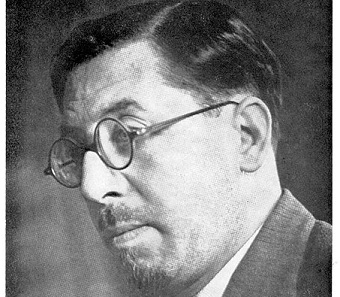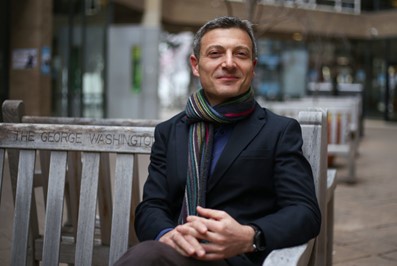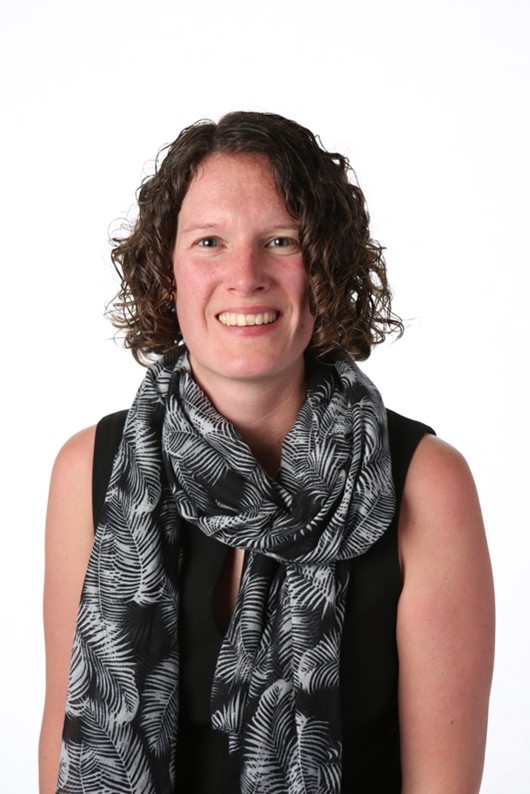Zionist and post-Zionist visions Event

- Time:
- 14:00
- Date:
- 30 May 2022
- Venue:
- Lecture Theatre B and Online via Zoom
For more information regarding this event, please email Clodagh Owens at parkes@soton.ac.uk .
Event details
This event unites both of our Parkes visiting fellows for 2022, who will be in conversation with each other and our audience on shared topics. We are excited to hear from both of our visiting fellows and the dialogue that is clearly possible from two experts working on topics with many themes of mutual interest. Perhaps particularly of interest are the implications for the transmission of ideas and how these complex processes can impinge upon the creation of identities in numerous ways, not least in terms of Jewish and Palestinian identities.
Between Metropole and Colony? Leon Roth, the early years of the Hebrew University, and the circulation of knowledge between Britain and Mandatory Palestine
In a seminal essay, entitled "Between Metropole and Colony: Rethinking a Research Agenda," historians Frederick Cooper and Ann Laura Stoler invited audience to challenge methodological nationalism on the one hand, and to discard older narratives of Empire on the other hand, and to recognize the large degree to which ‘nation building’ and ‘empire building’ were mutually constitutive projects. The present paper takes its cue from this line of investigation, which it combines with the intellectual historian’s toolbox, to looking at a specific testcase that examples many of these interdependencies: the life and career of the Anglo-Jewish Zionist philosopher Leon (Hayim Yehuda) Roth (1896-1963). The lecture will examine how, during the mandatory period, he had developed a unique cultural Zionist vision of Jerusalem and its new university, which was compatible with British imperial theories of his time, including a vision of Jerusalem as sitting at a center of a global Hebraic spiritual commonwealth. The series "Sifre-Mofet Filosofiyim" Roth initiated and edited, offering translations of seminal philosophical texts (including John Locke, J. S. Mill, Bertrand Russell) into Hebrew, are not less important than his speeches and essays in providing evidence of the attempt to inject British liberal ideas into Zionist discourse. The reconstruction of Roth’s scholarly itinerary and personal story offers a unique window into a broader story of dynamics of intra- and trans-imperial transmission of ideas.
Arie M. Dubnov, the Parkes Institute’s short-term visiting fellow for spring 2022, is an Associate professor of history and the Max Ticktin Chair of Israel Studies at the George Washington University. He is the author the intellectual biography, Isaiah Berlin: The Journey of a Jewish Liberal (New York: Palgrave-Macmillan, 2012), and the editor of two collections, Zionism – A View from the Outside (Jerusalem: The Bialik, 2010 [in Hebrew]) and Partitions: A Transnational History of 20th Century Territorial Separatism, co-edited with Laura Robson (Stanford, CA: Stanford University Press, 2019).

Counterfactual Israels: Zionism and Nation-Building in Contemporary Jewish Writing
This paper considers works by Jewish writers who imagine what would have happened if a Jewish state had not been established in Palestine but in a different geopolitical location. Nava Semel’s IsraIsle (2006), Michael Chabon’s The Yiddish Policemen’s Union (2007), and Lavie Tidhar’s Unholy Land (2018) can be seen as examples of what Crystal Bartolovich has termed “critical counterfactualism,” which is a “recapturing [of] the memory of [a] transformative desire—and countering the forces that continue to refuse it” (2006: 66). Semel, Chabon, and Tidhar reconsider the “transformative desire” that motivated Zionism as a national movement at the end of the nineteenth and the start of the twentieth centuries and they interrogate how this idea of transformation and new beginnings for Jewish identity would have fared in a different geopolitical location. At the same time, all three novels respond to specific crises and uncertainties that Jewish identity is facing in the contemporary period, which is typical of alternate history. Jewish identity, especially in the twenty-first century, struggles with being conflated with Israel and its actions.
Dr Isabelle Hesse is Senior Lecturer in the English Department at the University of Sydney, and Visiting Fellow at the Parkes Institute in May and June 2022. Her research is situated at the intersection of postcolonial, Jewish and Middle Eastern Studies. She is the author of The Politics of Jewishness in Contemporary World Literature: The Holocaust, Zionism, and Colonialism (Bloomsbury, 2016) and co-editor of Literary Representations of the Palestine/Israel Conflict After the Second Intifada (Edinburgh University Press, 2022). She is currently completing her second monograph, which examines the representation of Israel and Palestine in contemporary British and German Culture
